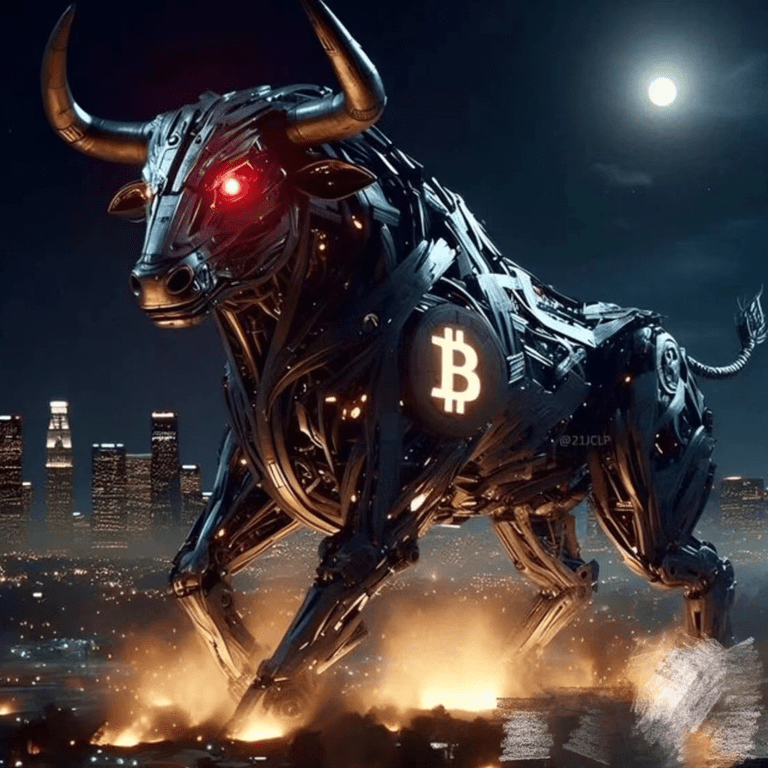One person's success brings fortune to others. After Trump's election, assets related to Musk, who was a significant supporter, saw a surge in retail interest, including Tesla, as well as the cryptocurrency Dogecoin, which was jokingly created but received Musk's public support five years ago, along with a controversial fund heavily invested in SpaceX.
Due to Trump's campaign promise to reduce regulation on cryptocurrencies and establish a national Bitcoin reserve, cryptocurrencies like Bitcoin have surged since his election. Dogecoin's increase has been particularly notable, with Bitcoin breaking the $80,000 mark for the first time in history this Monday and rising over 10% at one point, while Dogecoin surged nearly 20% that day.
According to CoinMarketCap, on Tuesday, November 12, during the early trading hours of European stocks, the trading price of Dogecoin (DOGE) reached $0.4358, hitting a high not seen since May 2021. Although U.S. stocks fell back below $0.39 during the midday session, the rise in the last 24 hours still exceeded 22%, and it rose nearly 122% in the past seven days.

Data compiled by Bloomberg shows that in the week following Trump's victory, the closed-end fund Destiny Tech100 Inc. (code DXYZ), which holds shares in private unicorns like SpaceX and OpenAI, has risen nearly 280%. Due to its rapid rise, the fund was suspended multiple times this Monday due to abnormal fluctuations, after jumping 64% last Friday and soaring another 38% on Monday.
Destiny Tech100's public documents show that as of the end of June this year, the net asset value is $56 million, with around 38% of the holdings being SpaceX.
Bloomberg reports that for individual investors, investing in the currently non-publicly listed SpaceX is no easy task, but Destiny Tech100 provides a way for small traders to invest in the company. Now, its popularity has raised concerns about the risks of investing in private assets.
It is reported that since its listing in March this year, Destiny Tech100 has experienced several rounds of extreme volatility. In April, it surged over 1000%, only to completely reverse those gains in a few weeks. It is becoming a preferred investment tool for a group of short-term traders. The fund's valuation exceeds $400 million, the highest level since April, with its trading price nearly 10 times its net asset value, leading in premiums among similar closed-end funds.
Bloomberg industry research ETF analyst James Seyffart states that the surge of Destiny Tech100 is undoubtedly part of the post-election rally, especially since it is related to Musk's company. The problem with the fund is that it is a closed-end fund, which means, unlike ETFs, there is no mechanism for its stock price to align with the net asset value (NAV). What complicates matters for Destiny Tech100 is that it holds many private assets like SpaceX, which do not even have publicly traded prices or valuations.
Compared to Dogecoin and Destiny Tech100, Tesla is clearly receiving more attention. Wall Street Insight mentioned this Tuesday that Tesla currently has a significant impact on the U.S. stock market. In the days since Trump secured his victory, the frenzied buying of Tesla call options has triggered a typical 'gamma squeeze.' A 'gamma squeeze' usually occurs when investors buy a large number of call options, prompting short sellers to hedge their risks by buying the underlying stock, which drives up the stock price.
Fishman data shows that since the election, the nominal trading value of Tesla options has averaged $145 billion per day. Last Friday, the nominal trading volume reached an astonishing $245 billion, while the second most active single stock options market, Nvidia, had a daily trading volume of only $55 billion, and the total trading volume of other U.S. single stock options markets was $310 billion.
With its market value back to its peak, Tesla's influence on the U.S. stock market is returning to its glorious moments in 2021. In 2021, the 'Tesla-Financial Complex' also stirred up a storm in the U.S. stock options market. Some believe that when the 'Tesla-Financial Complex' strikes, whether for passive index funds, traditional mutual funds, hedge funds, or ordinary retail investors, there is no choice but to face it.
This article comes from Wall Street Insight, welcome to download the APP for more.
Inviting you to discuss.

Let's talk about Musk betting on Trump.






